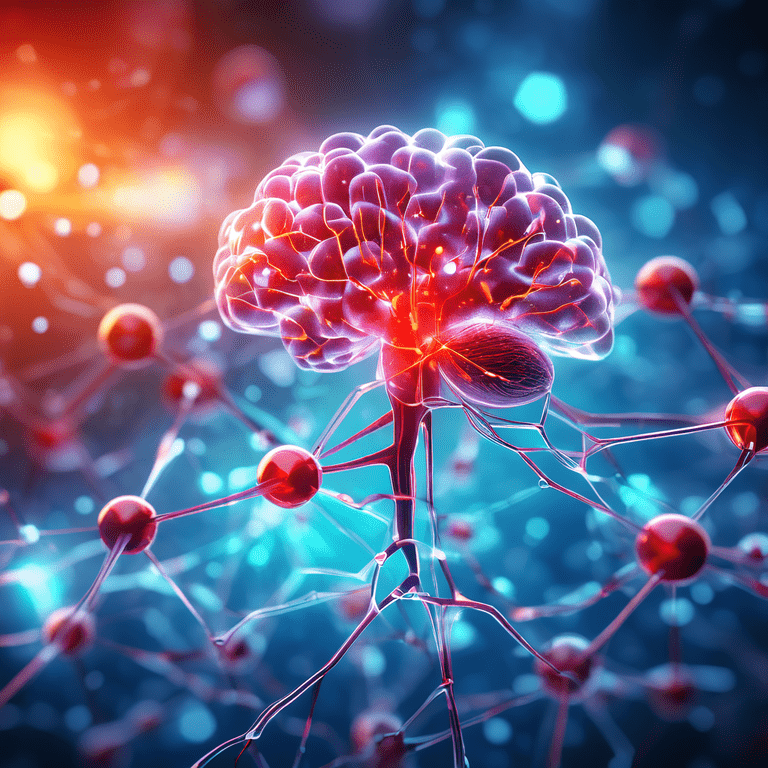Ibogaine Therapy for Trauma: Healing Perspectives
Ibogaine Therapy for Trauma: Healing Perspectives
Introduction to Ibogaine Therapy
In recent years, there has been growing interest in alternative therapies for trauma, and one substance that has garnered attention is ibogaine. Derived from the root bark of the African iboga plant, ibogaine has a long history of traditional use in spiritual and healing ceremonies among indigenous communities. Today, it is increasingly being explored as a potential treatment for trauma and addiction.
Understanding Trauma
Trauma is a complex and multifaceted phenomenon that can have profound effects on an individual’s mental, emotional, and physical well-being. It can result from various experiences, including but not limited to, childhood abuse, accidents, combat, or the sudden loss of a loved one. Trauma can manifest in different ways, such as post-traumatic stress disorder (PTSD), anxiety, depression, or substance abuse.
The Link Between Ibogaine and Trauma Healing
Ibogaine is believed to work by interacting with various neurotransmitter systems in the brain, particularly serotonin and dopamine, which are involved in mood regulation and emotional processing. Additionally, it has been suggested that ibogaine may promote neuroplasticity, allowing for the reorganization and healing of neural pathways associated with trauma.
Research and Case Studies
While research on ibogaine therapy for trauma is still in its early stages, there is a growing body of evidence suggesting its potential efficacy. Several studies have reported promising results, with individuals experiencing significant reductions in symptoms of PTSD, depression, and anxiety following ibogaine treatment. Additionally, numerous anecdotal reports and case studies have highlighted the transformative effects of ibogaine on trauma survivors.
Safety and Risks
Despite its potential benefits, ibogaine therapy is not without risks. The substance can cause adverse effects, including nausea, vomiting, cardiac complications, and hallucinations. Furthermore, there have been reports of fatalities associated with ibogaine use, primarily due to pre-existing medical conditions or interactions with other substances. Therefore, it is essential for individuals considering ibogaine therapy to undergo thorough medical screening and to be supervised by trained professionals in a clinical setting.
Legal Status and Accessibility
The legal status of ibogaine varies from country to country, with some jurisdictions classifying it as a controlled substance, while others permit its use for religious or therapeutic purposes. Additionally, the accessibility of ibogaine therapy can be limited by factors such as cost, geographic location, and regulatory restrictions. As a result, many individuals may face barriers to accessing this potentially life-changing treatment.
The Future of Ibogaine Therapy
Despite the challenges and controversies surrounding ibogaine therapy, there is optimism about its future prospects. Ongoing research efforts are aimed at elucidating its mechanisms of action, optimizing treatment protocols, and addressing safety concerns. Furthermore, there is growing interest in integrating ibogaine therapy into mainstream healthcare systems as a legitimate option for trauma and addiction treatment.
Choosing Ibogaine Therapy
Before embarking on ibogaine therapy, individuals should carefully weigh the potential benefits and risks. Factors to consider include one’s medical history, current medications, and psychological readiness for the intense and often profound experiences that ibogaine can induce. It is also essential to conduct thorough research and seek guidance from qualified healthcare professionals and experienced practitioners.
Preparing for Ibogaine Therapy
Preparation is key to maximizing the effectiveness and safety of ibogaine therapy. This may involve abstaining from certain substances, adopting a healthy lifestyle, and engaging in therapeutic practices such as meditation or counseling to address underlying issues and intentions for the experience. Additionally, individuals should ensure they have a supportive environment and adequate post-treatment care arrangements in place.
The Ibogaine Experience
During an ibogaine therapy session, individuals typically experience a prolonged and immersive journey characterized by intense introspection, emotional release, and visionary states. The effects can vary widely from person to person but often include insights into past traumas, repressed memories, and patterns of behavior. It is essential to approach the experience with an open mind, surrendering to the process and trusting in the healing potential of ibogaine.
Integration and Aftercare
Integration refers to the process of integrating insights and experiences gained during ibogaine therapy into one’s daily life and ongoing healing journey. This may involve journaling, therapy, support groups, or continued engagement with spiritual practices. Additionally, ongoing aftercare and follow-up support are crucial for maintaining the gains made during ibogaine therapy and preventing relapse into old patterns of behavior.
Alternative Therapies for Trauma
While ibogaine therapy shows promise as a treatment for trauma, it is not the only option available. Other alternative therapies, such as psilocybin-assisted psychotherapy, MDMA-assisted therapy, and ketamine treatment, have also shown efficacy in reducing symptoms of trauma-related disorders. Each approach has its unique strengths and considerations, and individuals may benefit from exploring different modalities to find what works best for them.
Myths and Misconceptions
There are many myths and misconceptions surrounding ibogaine therapy, fueled by sensationalized media coverage and lack of accurate information. Common myths include the idea that ibogaine is a miracle cure for addiction or that it can induce instant enlightenment. In reality, ibogaine therapy is a powerful tool that requires careful








